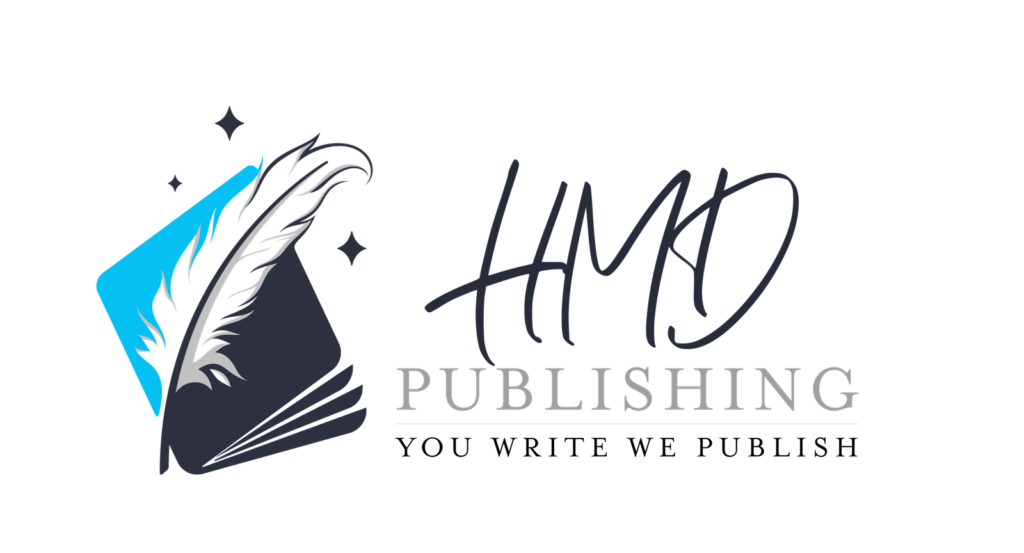For any writer, the journey from manuscript to book is thrilling yet daunting. Traditionally, authors relied on publishing houses to get their work out into the world, which often meant navigating complex submission processes, lengthy wait times, and editorial adjustments. Today, however, self-publishing offers an accessible, flexible path to publication, empowering new authors to maintain control over their work, connect with readers faster, and potentially earn more from their book sales. Here’s an in-depth look at why new authors should consider self-publishing and how it compares to traditional publishing.
Table of Contents
4. Access to a Global Audience
5. Flexibility with Marketing and Promotion
7. Control Over Pricing and Revisions

1. Creative Control
Self-publishing offers unparalleled creative control over every aspect of the publishing process—from the book’s cover and interior design to the marketing strategy and pricing. Unlike traditional publishing, where publishers often have final say over a book’s appearance and positioning, self-published authors have complete authority over the creative aspects, allowing them to retain the integrity of their vision.
Pro Tip:
Consider investing in a professional cover designer and editor even if you’re self-publishing. High-quality visuals and polished content can significantly boost your book’s appeal and credibility in a competitive market.

2. Faster to Market
The timeline for traditional publishing can be long and complex. Once a manuscript is accepted, it can take several months or even years for a book to finally reach the shelves. With self-publishing, authors can expedite this process, often bringing a finished book to market within weeks or months.
Pro Tip:
Plan your book launch strategically. Aim for periods that align with your book’s theme, seasonal interest, or other market trends to maximize visibility.

3. Higher Royalties
Traditional publishers generally offer royalties between 10% and 15%, but self-publishing platforms like Amazon KDP allow authors to earn up to 70% in royalties on ebook sales. By bypassing intermediaries, authors can receive a much larger share of their book’s earnings.
Pro Tip:
Research royalty structures on different self-publishing platforms and optimize pricing based on platform guidelines to maximize earnings across formats (ebook, paperback, audiobook).

4. Access to a Global Audience
Self-publishing platforms have opened doors to a worldwide audience. Services like Amazon, Apple Books, and Kobo provide easy distribution across multiple countries and markets, which is especially valuable for new authors looking to expand their readership.
Pro Tip:
Optimize your book’s metadata (keywords, categories, and description) for global reach. Use language that resonates with a broad audience, and consider translation options if your book has cross-cultural appeal.

5. Flexibility with Marketing and Promotion
Traditional publishers often have established marketing plans, which may not always align with an author’s personal vision for promoting their book. In contrast, self-published authors have the flexibility to customize their marketing strategies to fit their target audience.
Pro Tip:
Develop a strong social media presence and build an email list prior to your book launch. Engaging with your readers directly helps build a loyal following and facilitates future marketing efforts.

6. Niche and Genre Freedom
Self-publishing gives authors the freedom to write and publish in niche or less commercially viable genres. For new authors with unconventional ideas or deeply personal narratives, this freedom is a game-changer.
Pro Tip:
Leverage social media and online communities dedicated to niche topics. Engage with readers, share content relevant to your genre, and build a network that can support your book launch.

7. Control Over Pricing and Revisions
In self-publishing, the author controls the price of their book, giving them the freedom to adjust it for promotions, special events, or market trends. Furthermore, self-publishing allows authors to make revisions even after publication.
Pro Tip:
Experiment with pricing and promotions, like offering limited-time discounts, to attract new readers. Regularly review reader feedback to assess if post-launch revisions could enhance the book’s quality.

8. Author Retention of Rights
One of the lesser-known benefits of self-publishing is that authors retain full rights to their work, including film, audiobook, and foreign rights. With self-publishing, authors have the flexibility to explore these opportunities independently or seek additional deals that best benefit their career and financial interests.
Pro Tip:
Explore partnerships with audiobook producers and foreign publishers. Retaining rights opens doors for potential licensing opportunities that can generate additional revenue streams over time.
Final Thoughts: A Path Tailored to New Authors
Self-publishing is an empowering opportunity for new authors, allowing them to share their voices on their terms, connect with readers directly, and embark on a unique path to literary success. With the right strategies, self-published authors can reach global audiences, build loyal readerships, and grow their writing careers independently.
